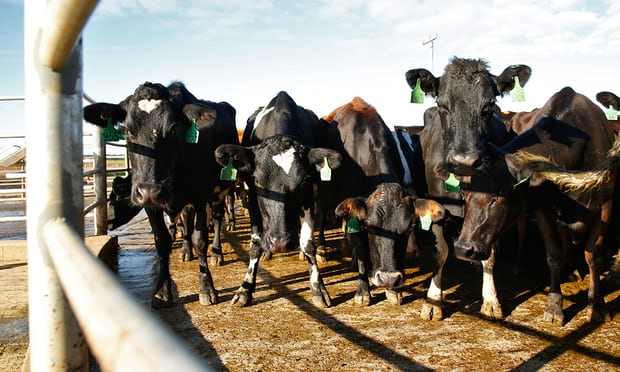
Figures from the Chinese Investment in Australia Database (CHIIA) showed that the drop followed a 47 percent fall in 2019, and is the lowest over the past six years.
“It reflects the effects of COVID but also more scrutiny of foreign investment by the Australian government, particularly that from China,” said Shiro Armstrong, Director of the East Asian Bureau of Economic Research where CHIIA is based.
In 2020, CHIIA recorded just over 1 billion Australian dollars (about 770 million U.S. dollars) of investment, down from 2.6 billion in the previous year, and 16.5 billion in 2016 when the investment peaked.
A total of 20 Chinese investments were recorded, compared with 111 in 2016.
A table of Chinese investment in Australia by sector and by year showed that in 2020, 45 percent of the Chinese investment was in rental, hiring and real estate services, 40 percent in mining and 15 percent in manufacturing. Other sectors including transport, energy, construction, health care and agriculture which saw Chinese investment in the previous years recorded zero in 2020.
Researchers also found that in 2020, about 86 percent of Chinese investment in Australia originated from Chinese companies already established in the country, which means purchases were made via Australian subsidiaries rather than by Chinese companies directly.
Dr. Armstrong said that this is a pattern that intensified in 2019, when 91 percent of new Chinese investment was sourced from within Australia.
In an email interview with Xinhua, he said that investment environment in Australia “has become more uncertain.”
“There have been two recent high profile cases that relate to China,” he said. “One was the withdrawal of a bid by China Mengniu Dairy’s for the drinks business of Lion Drinks and Dairy, a division of Japanese brewing group Kirin, with the Australian Treasurer explaining the sale was contrary to the national interest. The other was the state-owned China State Construction Engineering Corporation withdrawing its bid for Australian construction company Probuild after the Treasurer said that he would reject it.”
China had been an important investor in Australia. Armstrong believed that plummet of the Chinese investment in Australia could result in lower asset values in Australia from removal of a large source of capital and a large bidder as well as the retreat of economic integration between Australia and China.
“Foreign investment increases trade and can act as a ballast in relations between countries,” he told Xinhua.
Armstrong noted that the drop could last “as long as it takes for certainty and openness to return to Australia’s investment screening regime.”
“To have sustained investment that is diversified across industries, there will have to be a return to a more open investment environment that brings equal treatment to regulation between foreign and domestic owned companies in Australia,” he said.
Talking about advice, he mentioned the China-EU Comprehensive Agreement on Investment, awaiting approval in writing, which he said will “give Chinese investors in Europe more certainty while opening up the Chinese market to foreign ownership.”
“It may take time but Australia and China should aspire to a similar arrangement in upgrading the China-Australia Free Trade Agreement (FTA),” he suggested.

























